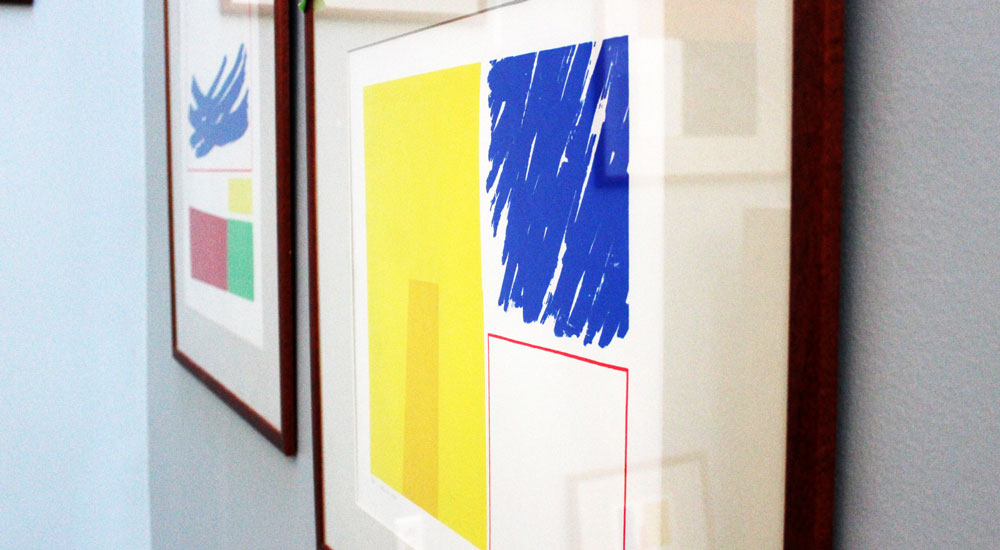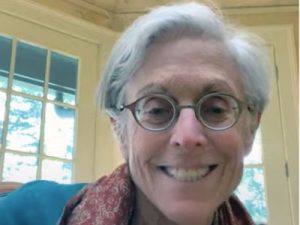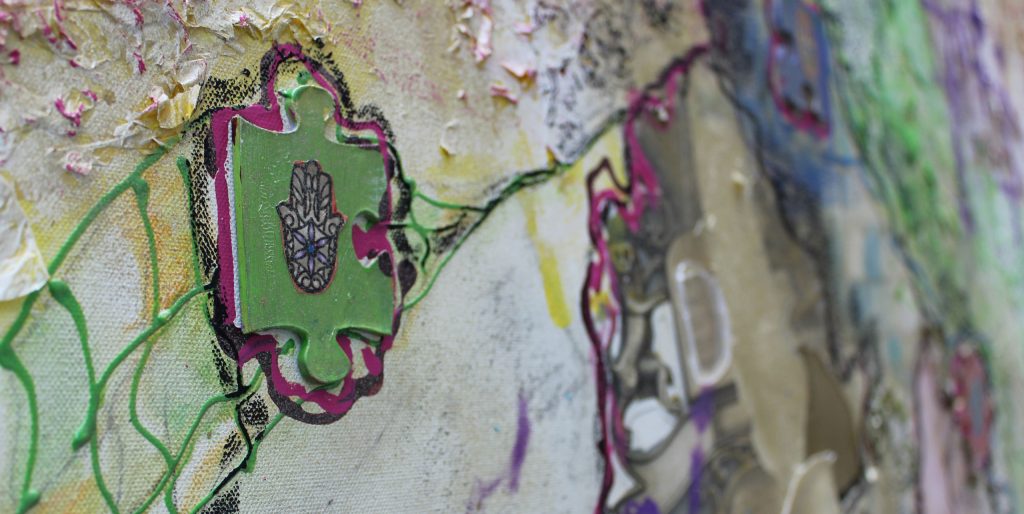details
- Date
- time Eastern Time
- location Hebrew College
Ted Cutler Atrium
160 Herrick Road
Newton Centre, MA 02459
Check Gallery hours and College closure dates - cost Free
- organizer Hebrew College
share with friends
description

Artwork: “Unititled” by Israeli artist Rita Alima
Hebrew College Fall 2022 Art Exhibit
Please visit Hebrew College’s fall art exhibition Syncopation, featuring Israeli art from the College’s permanent collection in celebration of Israel’s 75th anniversary. Explore 22 works on paper, all created in the 1970s. This is the College’s final exhibit at Newton Centre before we move to our new home on January 2023. READ A REVIEW OF THE EXHIBIT.
The exhibit is curated by Deb Feinstein, founding chair of the Hebrew College Arts Initiative and member, Hebrew College Board of Trustees.
Vaccination required. Hebrew College is monitoring the COVID-19 situation and will make any changes in accordance with local or national government guidelines.
Exhibit Dates & Hours
Wednesday, September 21 – Wednesday, November 30, 2022
Mondays through Thursdays: 9 a.m.-6 p.m.
Fridays: 9 a.m.-12:30 p.m.
Sundays beginning October 23: 9 a.m.-1 p.m.
Campus closures:
September 26 – 27 for Rosh Hashanah
October 4, 5, 10, 11, 17, 18 for high holidays
November 23 – 27 for Thanksgiving
Read more & view exhibit slideshow
Read more about the exhibit and artists and view photos from the exhibit opening on September 21, 2022. (Photos by Sharon Marie Katz and Emily Hoadley)
Artists
22 works on paper, all from the 1970s, last shown together at Hebrew College in 2004.
- Rita Alima (1932-2013) Sabra
- Tova Belinski (1915-2022) Poland, Israel
- George Chemeche (1934-2022) Iraq, Israel, U.S.
- Michael Gross (1920-2004) Sabra
- Moshe Hoffman (1938-1983) Hungary, Israel
- Moshe Kupferman (1926-2003) Poland, Israel
- Hanna Levy (1914-2006) Germany, Israel
- Joshua Neustein (1940-) Poland, Israel
- Anna Ticho (1894-1980) Moravia [now the Czech Republic], Israel
Syncopation: Lyrical Abstraction in Israeli Art (1970s)
 By Deborah Feinstein
By Deborah Feinstein
Why apply this title to the abstract art presented here?
As the viewer enters the exhibit, you are caught up with the movement of color and shapes dancing across the walls. Slowly the forms move into an illusion of outlines and space itself while color swirls into organic rhythms. A tempo picks up and the pulses expand.
Without words, these artists capture the pace and rhythm of life in Israel in the 1970s. As with syncopation, their mark-making strategies are often surprising, creating rhythms that are multiple, varied, and overlapping. These energies describe the culture and country. Time, too, is related to the title, connecting two different ways to “see” the exhibit. You’ll encounter visions of parched deserts in Gross’s art, the blue Mediterranean in Alima’s prints, and the mystic aura of Safed in Levy’s watercolors. There are deep connections with the love of this timeless land.
Of the nine artists exhibited here, many were born in the 1920s and 1930s, some are sabras, the rest immigrated to Israel from Poland, Germany, Moravia, Hungary, and Iraq. As the donor of the collection, Nitza Rosovsky, wrote in 2004 about this collection, “They (these works on paper) were not saturated with Jewish symbols but captured the land and spirit of Israel through different eyes.” Indeed, this collection reveals the style of “lyrical abstraction” championed by Joseph Zaritsky, founder of the group called New Horizon (Ofakim Hadashim) and teacher of many of the artists presented here. Yet, in the end, the individual personal expressions of each artist are revealed.
The whole of the exhibition vibrates like a piece of music and each artist expresses the chords of the individual soul: questioning, celebrating, and reflecting as each follows the sounds through space and sometimes, silences. Combing lyrical abstraction with rhythmic force, the viewer can experience eternal time with enduring harmony.
Many thanks to Nitza Rosovsky for her gift of this collection to Hebrew College.
Hebrew College Arts Initiative

In 2021, Hebrew College established its Arts and Culture initiative in keeping with the College’s long-standing mission of fostering love of Torah, social justice, pluralism, and creativity. Our exhibitions are open to the public, providing access to learning and on-going conversation. Read more…

